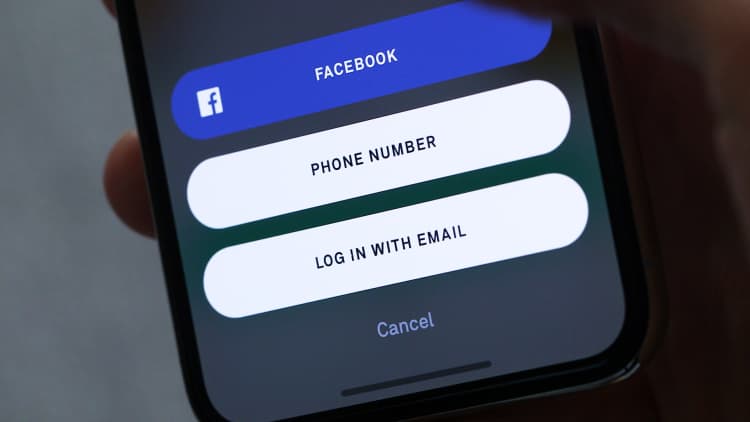Facebook on Thursday confirmed it is working on a news tab to deliver "trustworthy news" to the social network's users that will launch this fall. The tab would give news high prominence on Facebook, alongside core features like the News Feed (which includes updates from friends), Messenger and Watch (for videos).
The company confirmed the feature is in the works after the Wall Street Journal on Thursday reported that Facebook had approached numerous news outlets like The Washington Post and Bloomberg about paying them as much as $3 million annually to license their news articles.
"No details to share on the WSJ report, but I can confirm we're working on a news tab to launch this fall," a Facebook spokeswoman told CNBC.
The idea of a news tab was first floated by Facebook CEO Mark Zuckerberg in April in a video he posted on his Facebook profile in which he discusses the topic of journalism with Axel Springer CEO Mathias Döpfner.
"It's important to me that we help people get trustworthy news and find solutions that help journalists around the world do their important work," Zuckerberg wrote alongside the video.
Read the full article on the Wall Street Journal.
WATCH: Here's how to see which apps have access to your Facebook data — and cut them off



